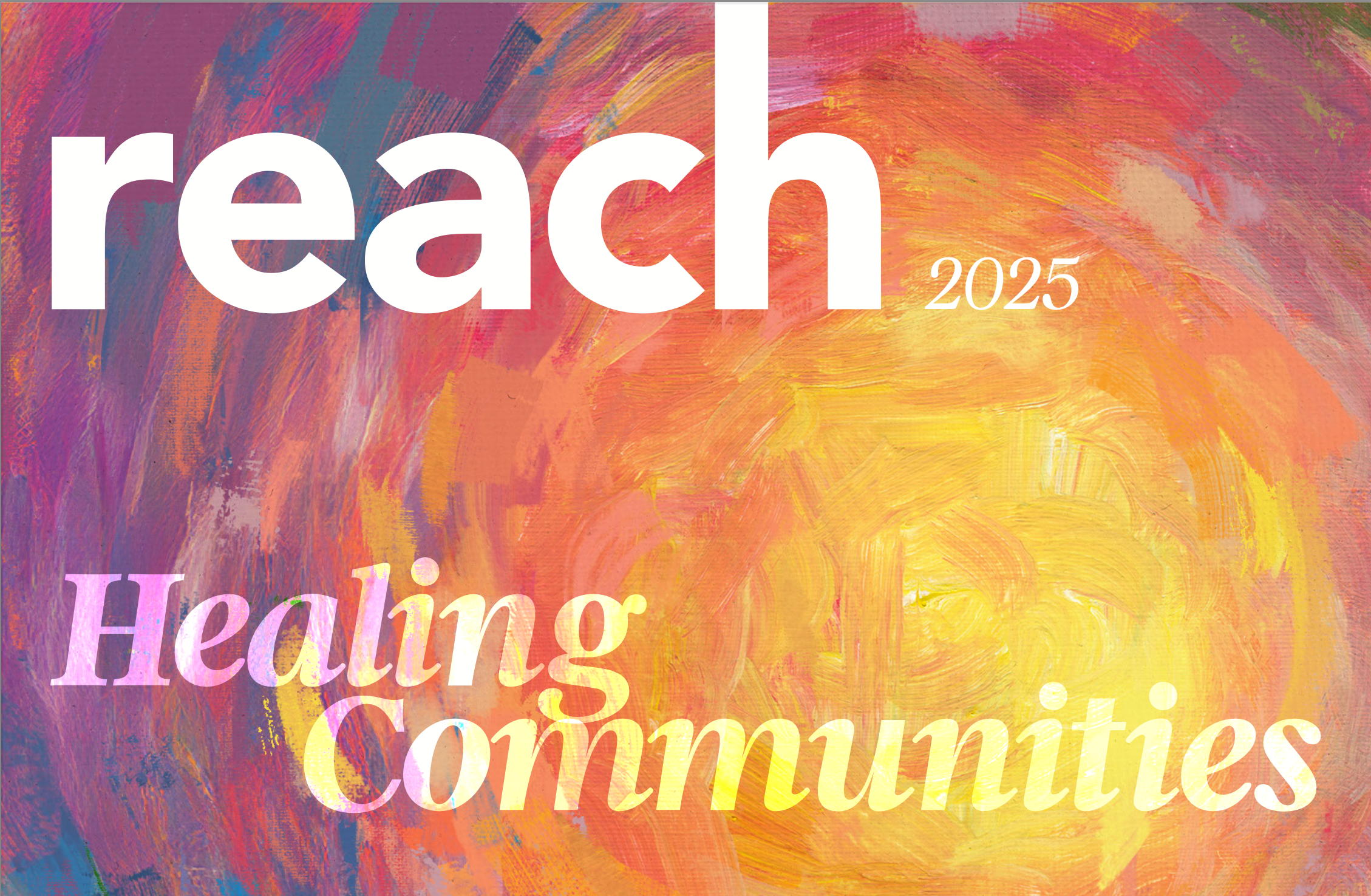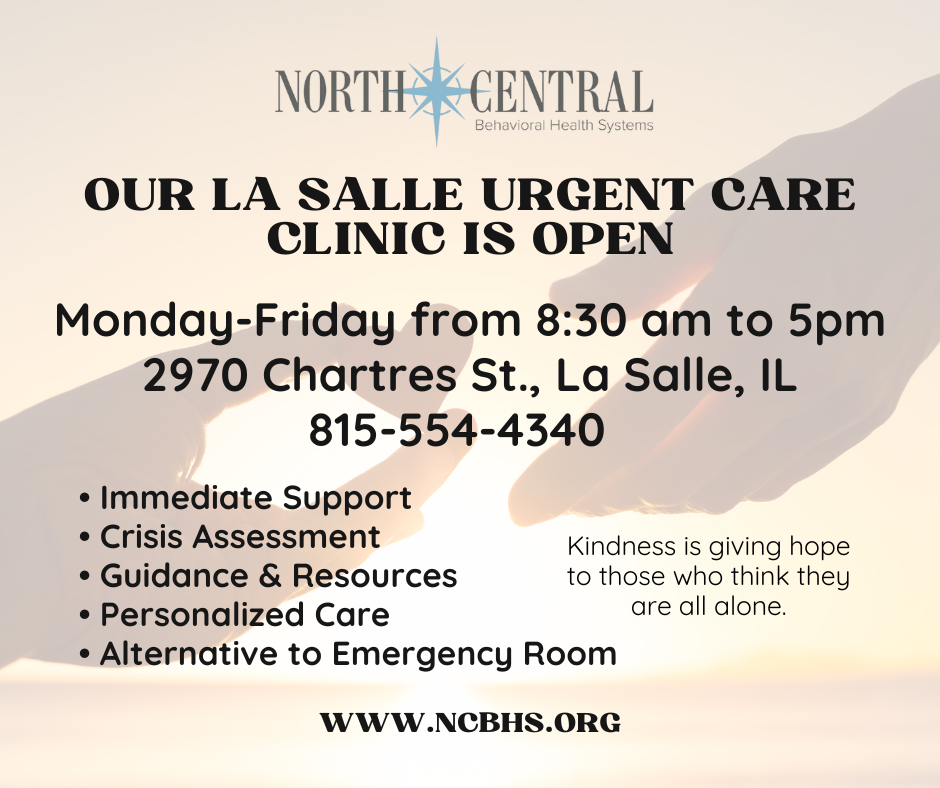Post Traumatic Stress Disorder (PTSD) is an anxiety disorder that can occur in people of any age. It can occur after you have seen or experienced a traumatic event that involved the threat of injury or death.
It can follow:
- A natural disaster (tornado, earthquake, tsunami, etc.)
- Assault, Domestic Violence, rape
- War
- Terrorism
- Accidents
Symptoms include:


